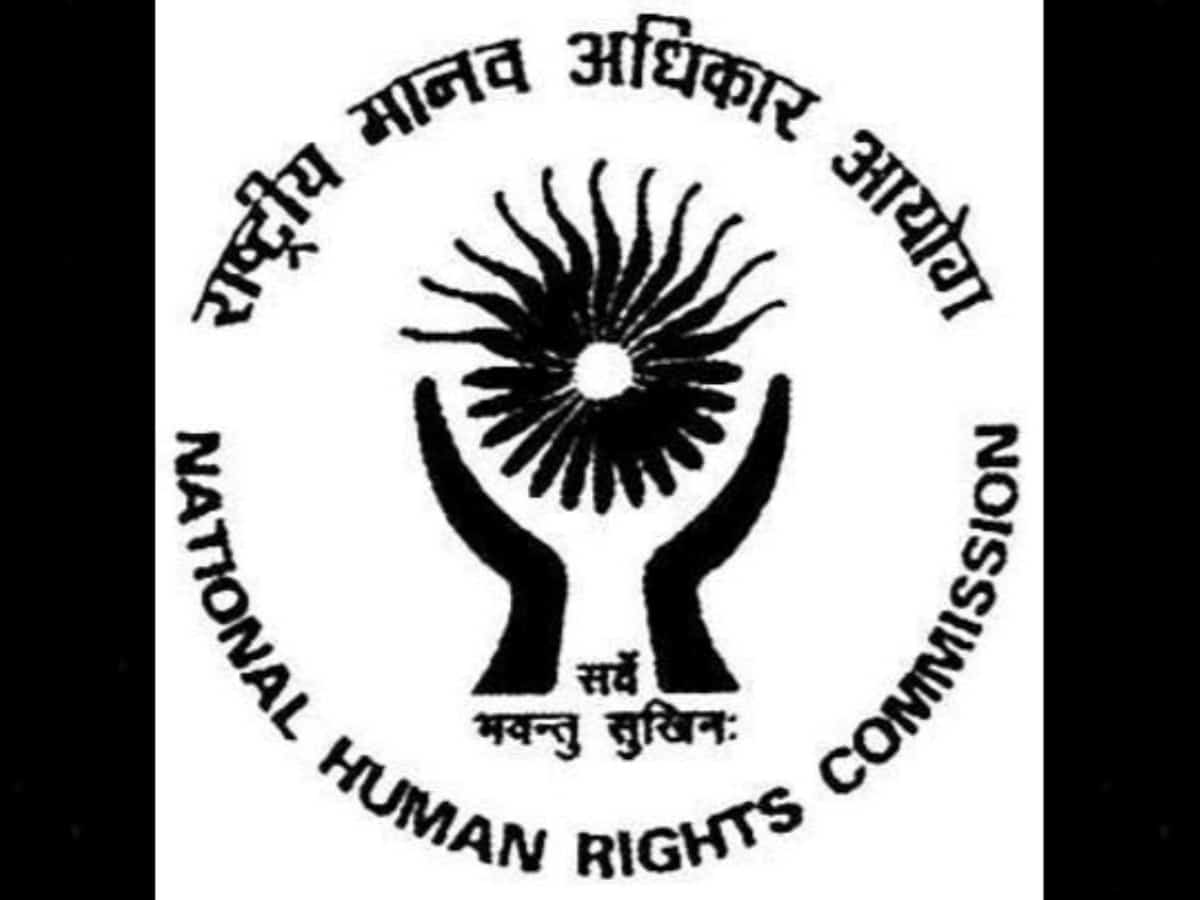
New Delhi: More than 2,000 cured patients are still housed in mental hospitals in the country when they should not stay there even for an extra day, NHRC chairperson justice (retd) Arun Kumar Mishra said on Wednesday.
The NHRC chief said this in his address during a national conference on mental health held at Vigyan Bhawan here, in the presence of Union Minister of State for Health Bharti Pravin Pawar, among other dignitaries.
“A hospital is not a place where cured patients should be allowed to stay even for a single extra day,” justice Mishra said.
In his address, he made a reference to a report prepared by the National Human Rights Commission (NHRC), based on visits made by teams of the Commission and its special rapporteurs, from July 2022 to January 2023, of various mental healthcare institutions in the country.
“The report indicates that there are more than 2,000 cured patients in mental health hospitals when there should not be even one cured patient in a hospital. A hospital is not a place for a cured patient. But, the unfortunate situation is that half of them (over 900 patients) are housed in four hospitals in West Bengal. It is a travesty of justice,” the NHRC chief said.
In the recent past, the Commission visited the mental healthcare institutions and hospitals in Gwalior, Agra and Ranchi. The findings of the conditions in these institutions prompted the Commission to depute its special rapporteurs to visit all the 47 mental healthcare institutions in various states, officials said.
“Their findings resulted in a comprehensive report on the ‘Status of Implementation of the Mental Healthcare Act, 2017’ in the country and the related challenges. This report was released during the conference,” a senior official said.
In his address, the NHRC chief also underlined that the society must “strive to eliminate mental health stigma and encourage open conversations that foster understanding and compassion”.
“We require empathy towards mental illness, not mere sympathy. Dignity in mental ill health conditions is to be protected. We aim to achieve dignity through the Mental Health Care Act of 2017, which brought a paradigm shift in mental health care and aimed at protecting human rights and decriminalising suicide attempts,” he added.
